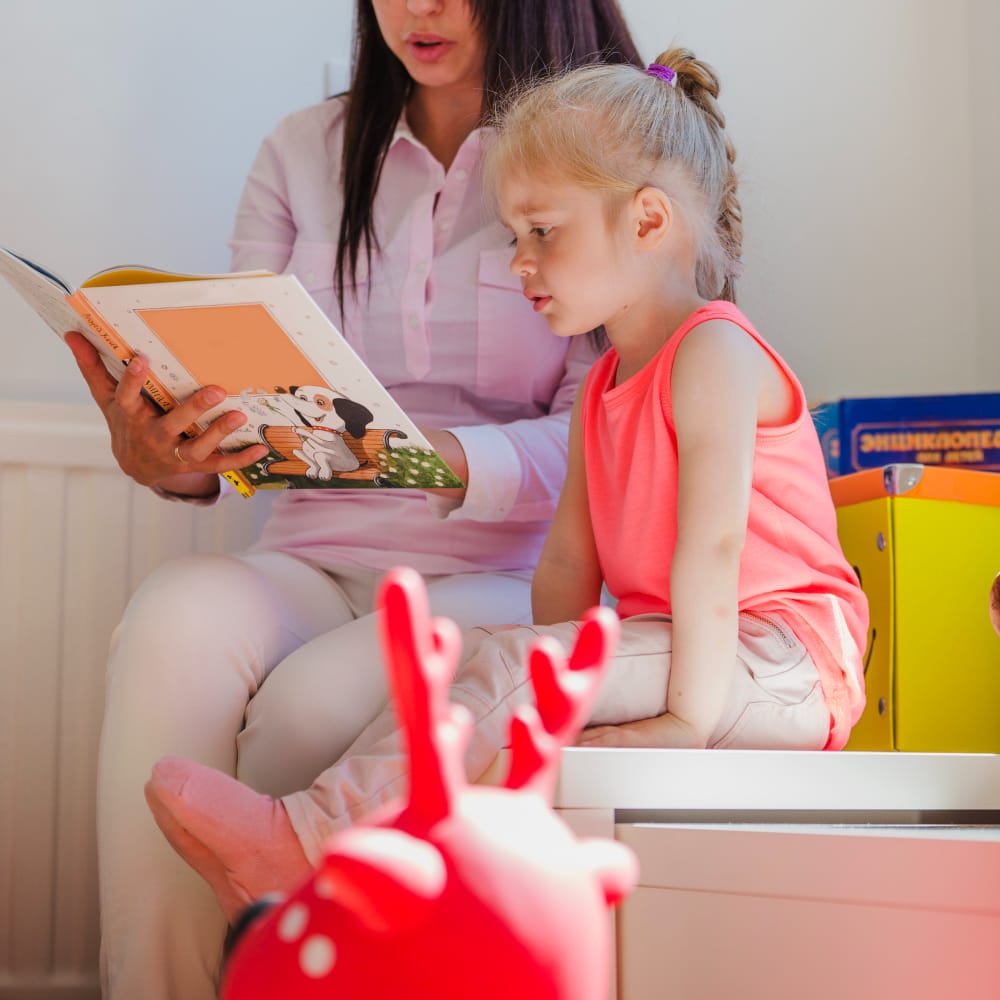Since the early days of autism research, misconceptions and stigmas have clouded our understanding of the condition. One such misconception, the “refrigerator mother theory,” wrongly accused mothers of autistic children of being cold and uncaring. Though this theory has long been debunked, its damaging effects linger in the collective consciousness, contributing to misunderstandings about autism and empathy.
Contrary to popular belief, autistic children do experience love and affection. However, their expression and reception of these emotions may differ due to sensory sensitivities, communication challenges, and difficulty in interpreting social cues. While they may enjoy affection like any other child, they might prefer it on their own terms.
A recent study conducted at the University of Cape Town sheds light on the empathy of individuals with autism. Researchers measured responses to perceived pain by having participants watch a video where it appeared that their hand or someone else’s hand was being hit by a hammer. Neurotypical individuals were notably more distressed when it seemed like their own hand was being hurt compared to when it looked like someone else’s hand was injured. In contrast, individuals with autism showed similar levels of distress regardless of whose hand was being hurt.
This finding challenges the stereotype that individuals with autism lack empathy. In fact, it suggests that they may experience empathy differently, perhaps even more intensely, than neurotypical individuals. Further research is needed to fully understand the complexities of empathy in autism, but this study highlights the importance of recognizing and valuing the unique empathetic experiences of autistic individuals.
Recognizing the signs of autism in children is crucial for early intervention and support. Some common indicators include:
- Difficulty in social interactions and communication: Children with autism may struggle to make eye contact, engage in reciprocal conversations, or understand social cues.
- Repetitive behaviours and restricted interests: They may engage in repetitive movements, have intense interests in specific topics, or adhere rigidly to routines.
- Sensory sensitivities: Sensory overload or aversion to certain sensory stimuli, such as loud noises or bright lights, is common among autistic children.
- Delayed speech and language development: Some children with autism may have delayed speech or exhibit echolalia (repeating words or phrases).
- Difficulty in understanding and expressing emotions: They may find it challenging to recognize and verbalize their own emotions or understand the emotions of others.
Once autism is identified, creating an empathetic and supportive environment is essential for the child’s well-being. Here are some ways to be empathetic to a child struggling with autism:
- Educate yourself: Learn about autism spectrum disorder (ASD) and its characteristics to better understand the child’s experiences and needs.
- Practice patience and understanding: Recognize that the child’s behaviours and reactions are not intentional but may be a result of their neurological differences.
- Respect their preferences: Allow the child to communicate and express themselves in ways that feel comfortable to them, even if it differs from typical social norms.
- Provide structure and routine: Establish predictable routines and environments to help the child feel secure and reduce anxiety.
- Advocate for inclusion and acceptance: Promote understanding and acceptance of autism in your community and advocate for inclusive environments where autistic individuals are valued and supported.
By fostering empathy and understanding, we can create a more inclusive and supportive society for children with autism, empowering them to thrive and reach their full potential.
Watch Youtube video below




